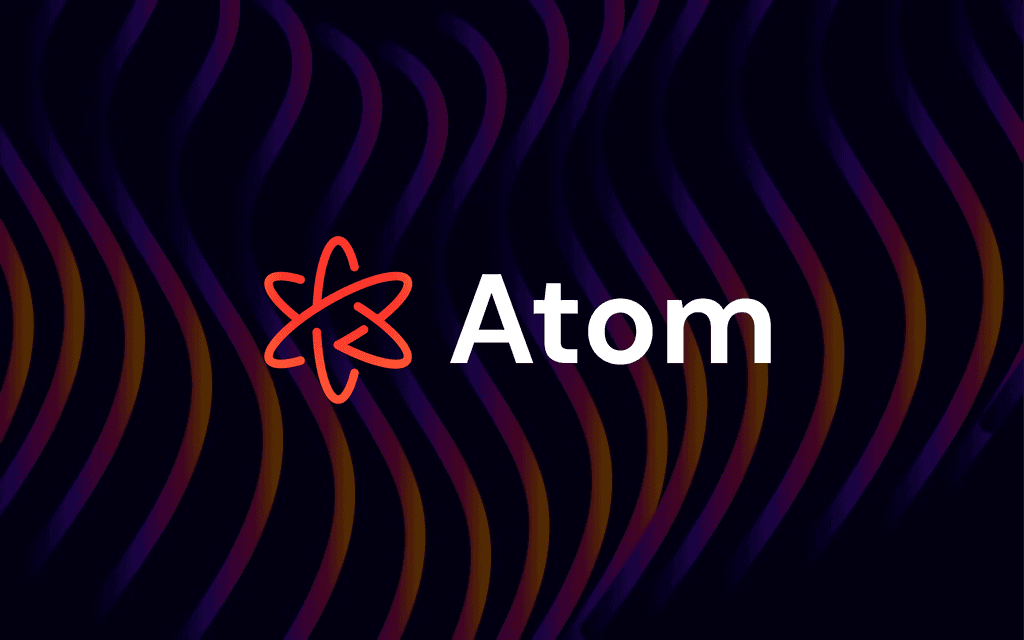The Role of Enterprise Continuity of Operations Plans in Higher Education
Learn how enterprise continuity of operations plans play a crucial role in the higher education sector and why every institution should have one in place.

In the dynamic landscape of higher education, unexpected disruptions can significantly impact the smooth functioning of colleges and universities. It is paramount for educational institutions to have a well-defined strategy to handle unforeseen circumstances and ensure business continuity. This is where Enterprise Continuity of Operations Plans (ECOOPs) come into play.
ECOOPs are comprehensive plans that outline procedures, responsibilities, and resources required to maintain essential functions during emergencies or disruptive events. These plans encompass various aspects of an institution, including infrastructure, technology, communication, and personnel. In the face of unprecedented circumstances, such as natural disasters, pandemics, or cybersecurity breaches, ECOOPs serve as a roadmap to guide decision-making and minimize potential disruptions.
So, what is the role of ECOOPs in higher education? Let's delve into some key benefits:
-
Minimize Disruptions: ECOOPs enable higher education institutions to identify potential vulnerabilities and develop appropriate measures to mitigate risks. By having a proactive approach, institutions can minimize disruptions to critical operations and ensure continuity of key services, such as student support systems, research administration, and online learning frameworks.
-
Protect Reputation and Stakeholders: When crises strike, higher education institutions have a responsibility to protect their reputation and the welfare of their stakeholders. By implementing ECOOPs, institutions can swiftly respond to emergencies, communicate effectively with staff, students, and external partners, and maintain business operations with minimal downtime. This not only safeguards the institution's image but also ensures the wellbeing and satisfaction of its stakeholders.
-
Enhance Collaboration and Coordination: ECOOPs encourage collaboration and coordination across different departments and stakeholders within an institution. By defining clear roles, responsibilities, and channels of communication, these plans foster a unified response during emergencies. This approach empowers teams to work together seamlessly, share critical information, and make synchronized decisions, thereby enhancing the overall effectiveness of the institution's crisis management efforts.
-
Compliance with Regulatory Standards: ECOOPs are designed to align with regulatory standards and accreditation requirements specific to the higher education sector. Compliance with such standards not only ensures that the institution meets legal obligations but also demonstrates its commitment to providing a safe and secure learning environment for students and staff.
In conclusion, Enterprise Continuity of Operations Plans are indispensable in the higher education sector. These plans enable institutions to respond effectively to crises, minimize disruptions, and protect the interests of their stakeholders. Implementing ECOOPs is a proactive step towards ensuring business continuity and maintaining the reputation of a higher education institution.
Ready to take control of your institution's research administration processes? Learn more about Atom, our AI-powered research administration SaaS business that helps automate the process of finding, writing, and managing research grants. Get started here.